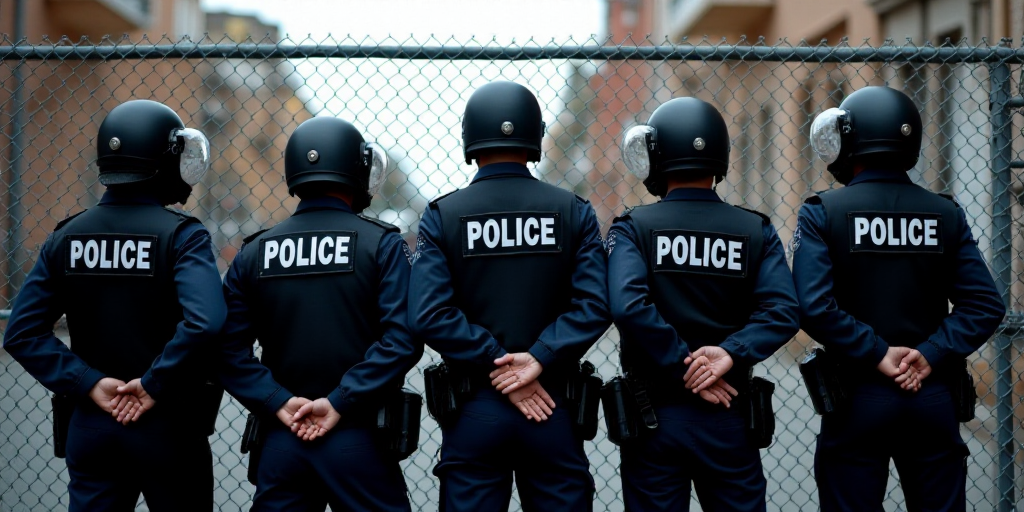Background on Evo Morales and His Political Significance
Evo Morales, who served as Bolivia’s president from 2006 to 2019, has been a prominent figure in the country’s political landscape for over a decade. His socialist policies and advocacy for indigenous rights have made him both a champion and a controversial figure. After leaving office, Morales has remained influential, with his supporters continuing to demand his return to power.
Current Situation and Allegations
The Bolivian government, led by President Luis Arce, has accused Evo Morales of “terrorism” and seven other crimes. This came after the circulation of an alleged audio recording in which Morales purportedly orders road blockades to isolate La Paz, the capital city. The Minister of Justice, César Siles, reported more than 40 blockade points across the country.
Protesters’ Demands
Morales’ supporters have been blocking major roads in central Bolivia, particularly in Cochabamba, his political stronghold. They demand President Arce’s resignation, blaming him for the economic crisis and accusing him of manipulating justice and electoral processes to exclude Morales from the upcoming August elections.
Charges Against Evo Morales
The Bolivian government has formally charged Morales with “terrorism,” alongside seven other offenses, including instigating public crime, attacking public service security, and obstructing electoral processes. The law stipulates a prison sentence of 15 to 20 years for terrorism, the most serious charge.
Evo Morales’ Response and Current Status
Morales, who has been out of the electoral race since failing to register his candidacy before the May deadline, denies the allegations. He claims that thirteen lawsuits have been initiated against him by the Arce administration in recent months. Morales resides in the Chapare coca-growing region of Cochabamba, seeking refuge from an arrest warrant related to a case of alleged child trafficking, which he denies.
Bolivia’s Economic Crisis
Bolivia has faced an economic crisis since 2023, exacerbated by a shortage of dollars and fuel. The government depleted its liquid international reserves to import fuel and sell it at subsidized prices within the domestic market. Protesters, led by Morales’ supporters, call for President Arce’s resignation due to the economic turmoil.
Historical Context: Previous Accusations
In November 2019, during a period of social unrest following Morales’ resignation, the then-government of right-wing leader Jeanine Añez accused him of “terrorism.” They released a video allegedly capturing Morales instructing his followers to block the country’s roads. However, Morales denied these accusations, and the case was never investigated after Luis Arce, an leftist, assumed power.
Key Questions and Answers
- Who is Evo Morales? Evo Morales was Bolivia’s president from 2006 to 2019, known for his socialist policies and advocacy for indigenous rights.
- What are the current allegations against Evo Morales? The Bolivian government has accused Morales of “terrorism” and seven other crimes, including instigating public crime and obstructing electoral processes.
- What are Morales’ supporters demanding? They demand President Luis Arce’s resignation, blaming him for the economic crisis and accusing him of manipulating justice and electoral processes.
- What is the current status of Evo Morales? Morales resides in the Chapare coca-growing region of Cochabamba, seeking refuge from an arrest warrant related to a case of alleged child trafficking, which he denies.
- What is Bolivia’s current economic situation? Bolivia faces an economic crisis due to a shortage of dollars and fuel, with the government depleting its liquid international reserves to import fuel and sell it at subsidized prices.






